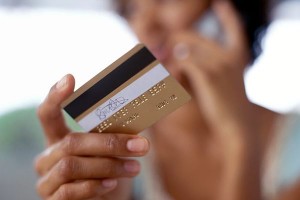Pay off debts
Pay off debts
Pay off debts refers to the mechanism whereby the debtor tries and pays off his debt as fast as possible with as much installments he can, every month. Increasing debt burden can spell the doom for anybody, especially so in cases where the debtor has more that one loan to look at. When one decides to pay off debts, it helps in doing away with the burden that he carries, before the schedule. This process may bring in certain discomfort for the debtor since he has to slice off a lump sum of his disposable income in repaying the debts, but at least this measure does away with the ever amounting interest and late fee rates.
There are various ways in which one can pay off debts.
~Paying more than the minimum amount due: as one pays more than the minimum amount due, he not only does away with the interest amount that he would have to pay subsequently, but also prevents his outstanding from reaching alarming proportions.
~Snowballing: this entails transferring the debts that have a higher interest rate levied on them getting transferred to the loan accounts with a lower rate of interest. Just in case all the debts especially in the case of credit card are too big to get into one, it pays to pay off the one, with the higher rate of interest first.
~Pay off from the savings account: though it may pinch a bit, but it is wise to divert funds from one’s savings account for the purpose of paying off of loans.
~Borrow from family or friends: many a times we are able to secure loans from our near and dear ones. It pays to borrow money from them, because they generally do not expect you to pay any kind of interest on the amount lent and also do not set a very hard and fast time limit for repayment.
~Negotiate the credit terms with creditors-in case it is possible, negotiating with the creditors for a lower interest rate to enable you to pay off your debt fast may also be worked.
~Withdrawing funds from your retirement plan: though this is not a very suitable idea, it should be resorted to only when there is no other option is left in sight to pay off debts.

